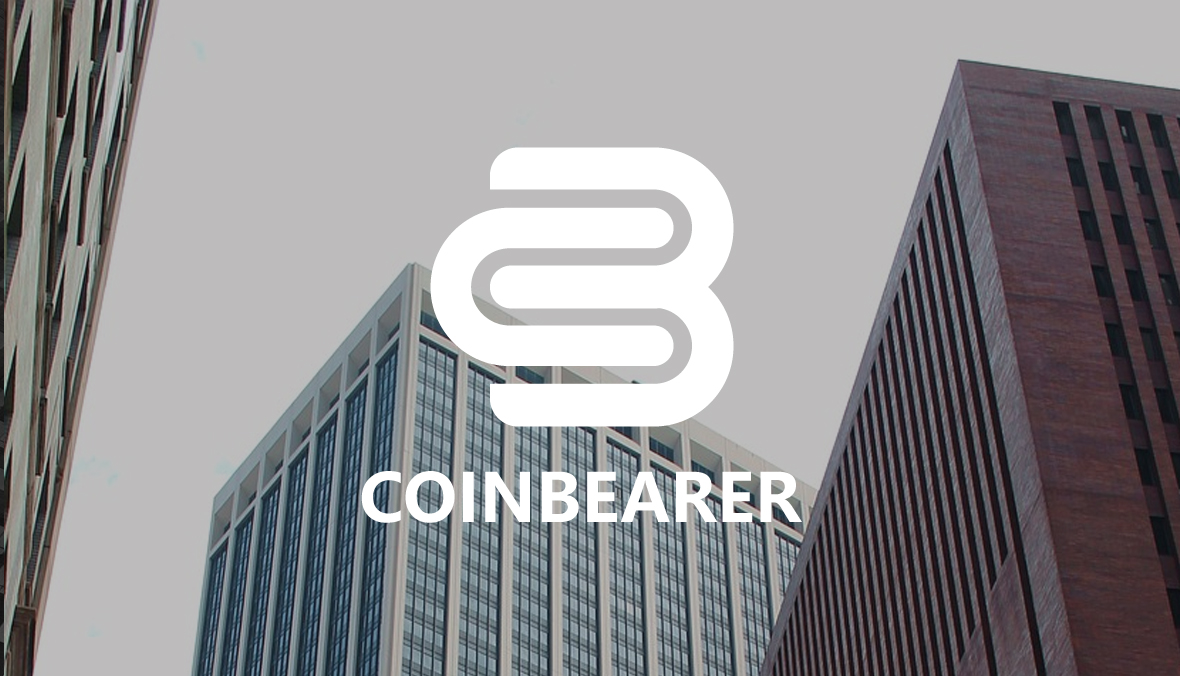CoinBearer Trading Center: What is Bitcoin?
There are hundreds of online publications that go on at length about Bitcoin, but most still miss the point.
Today, let’s talk about our interpretation.
On October 31, 2008, Dr. Wright published a white paper titled "Bitcoin: A Peer-to-Peer Electronic Cash System" to explain a decentralized electronic payment system based on economics.
The term "Bitcoin" is used only twice in the original white paper (in the title and in a link to the network domain), which then describes an electronic transaction system that doesn't rely on trust. The system is governed by a fixed protocol utilizing an immutable blockchain.
The medium of transaction in this system is digital currency. Essentially, Bitcoin is a trinity term encompassing the protocol, the digital currency, and the decentralized blockchain, forming an electronic cash transaction system for peer-to-peer transactions.
In simple terms, Bitcoin’s open-source code can be examined and used by anyone.

Why is Bitcoin revolutionary?
While anarchist readers on the web believe Bitcoin will overthrow fiat currencies, others, more rationally, view Bitcoin as a censorship-resistant, private digital currency that cannot be confiscated, but both views are incorrect.
Bitcoin is not anonymous; it is private, with an open, immutable distributed ledger. Bitcoin maintains privacy because only the addresses are public; however, the activities at these addresses are auditable, which can prevent illegal activities. As Dr. Wright said,
"Bitcoin needs to operate within the law to be effective."
The true genius of Bitcoin lies in its economic design rather than any technological innovation. Decentralization is achieved through a fixed protocol. Bitcoin creates a cash system where participants don’t rely on intermediaries (like banks or payment processors) to facilitate transactions.
These protocols also prevent "double-spending" of Bitcoin. Each Bitcoin unit is unique, cannot be duplicated or destroyed. The system operates on a distributed, immutable network maintained by thousands of incentivized miners globally.
What does Bitcoin mean to the mainstream audience?
In layman's terms, one Bitcoin refers to a unit of the Bitcoin digital currency, also known as cryptocurrency. Some people also mistakenly use Bitcoin as a synonym when referring to blockchain technology in general.
Unlike traditional fiat currencies, no local government or central bank controls Bitcoin. To control inflation, Bitcoin is gradually released and has a capped supply, meaning there will eventually only be 21 million Bitcoins.
The mainstream audience has yet to accept or understand Bitcoin's full functionality.
Bitcoin is not just a global digital currency that can be used for payments; it is also an immutable global public ledger. Businesses can use it to power blockchain applications, transforming into new and exciting business models.
